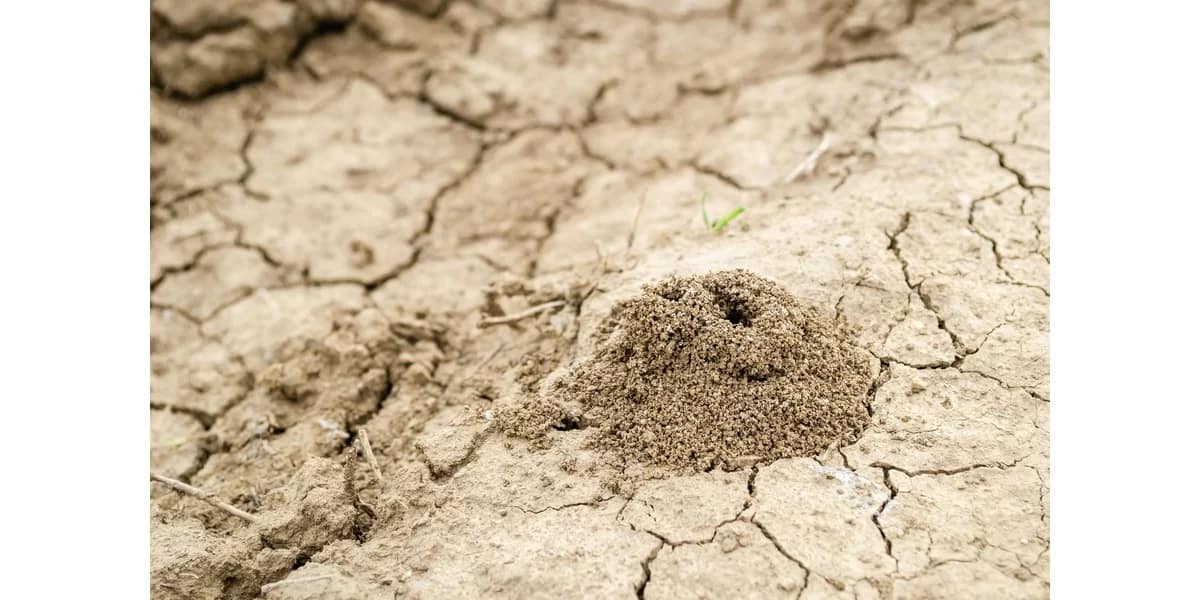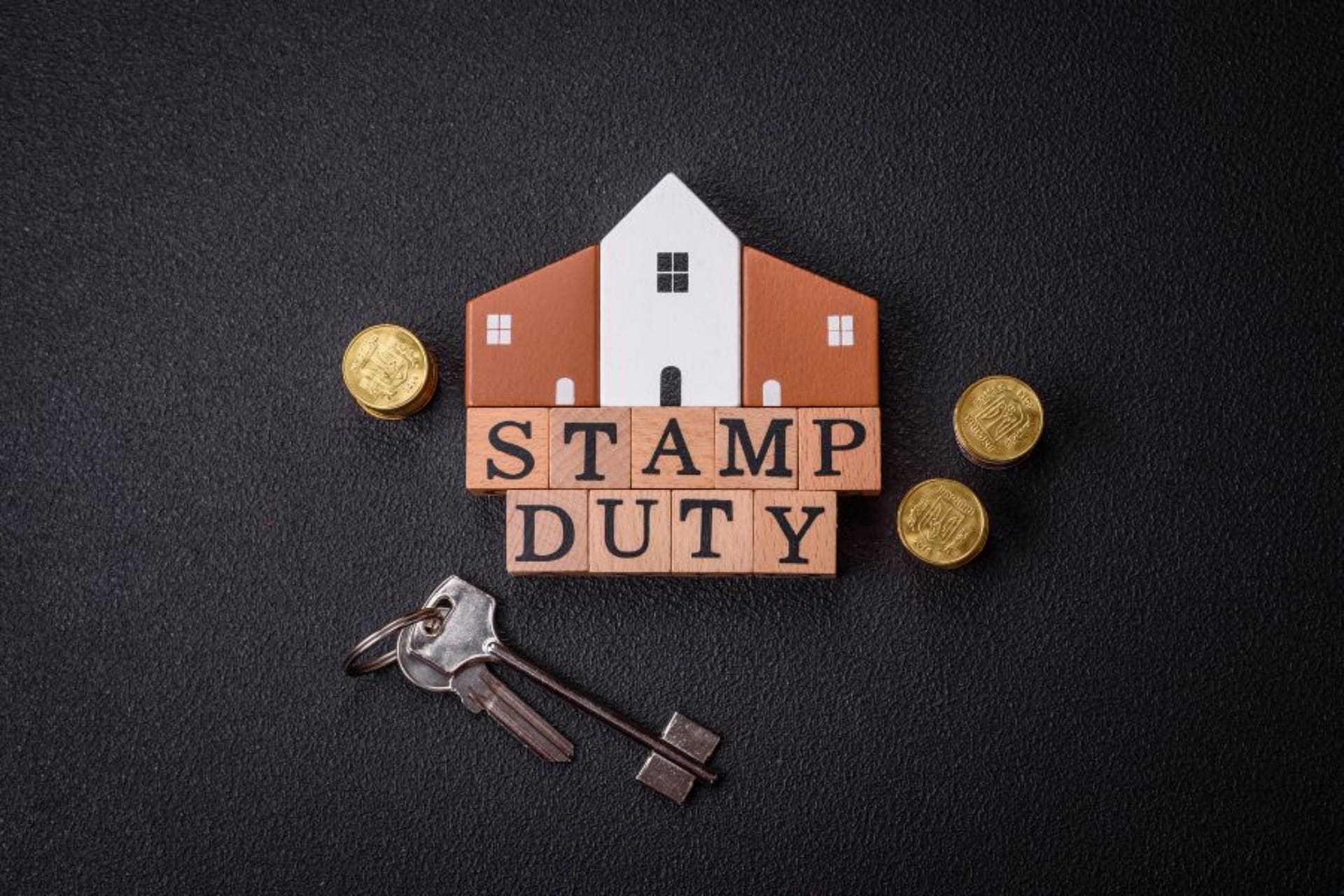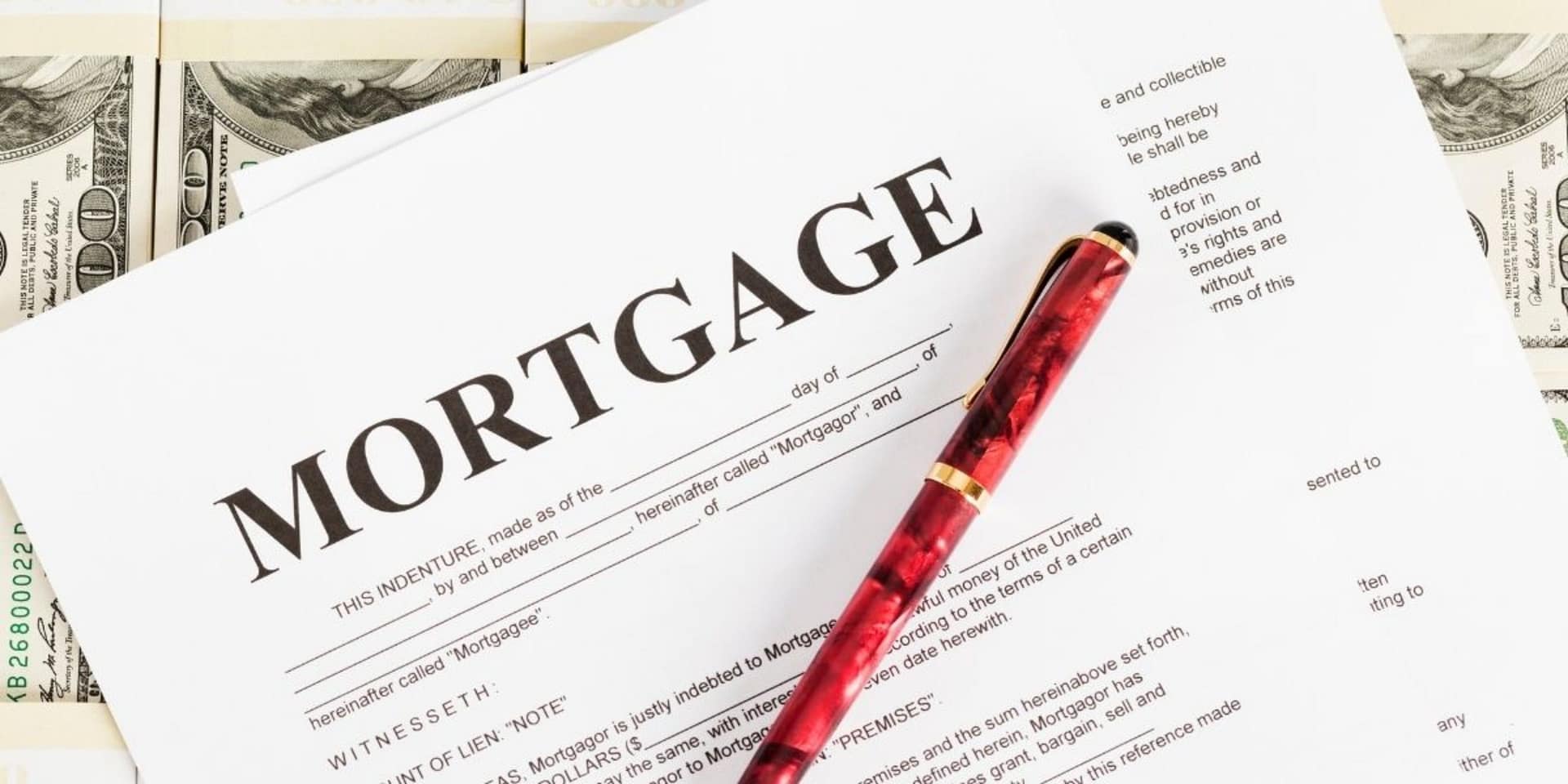Buying a house with termite damage in Australia is a decision that requires careful consideration. Termites are a common issue in many parts of the country, and their impact on a property can range from minor cosmetic damage to severe structural problems. If you’re considering purchasing a termite-affected home, it’s essential to understand the risks, costs, and legal obligations involved.
This guide covers everything you need to know before making an offer on a home with termite damage. From assessing safety and property value to understanding legal rights and negotiating the price, we will help you make an informed decision.
Is It Safe to Buy a House With Termite Damage in Australia?
Buying a house with termite damage is possible, but it depends on several factors, including the extent of the damage, the treatment history, and the structural integrity of the property.
Factors to Consider:
- Extent of the Damage: Some homes have minor, treatable damage, while others suffer from serious structural issues. If termites have compromised load-bearing walls, floors, or roof supports, repairs can be extensive and costly.
- Treatment and Prevention: If the property has been treated for termites and preventative measures are in place, the risk is lower. However, a history of severe infestations could indicate ongoing problems.
- Structural Integrity: A licensed builder or pest inspector can assess whether the home is safe to live in and how much repair work is needed.
- Future Infestation Risk: Even if the house has been treated, you should consider how likely it is that termites will return. Nearby trees, damp conditions, or untreated timber can make reinfestation more likely.
While termite damage doesn’t automatically make a home unsafe, you must do your due diligence before proceeding with the purchase.
Also Read: 7 Points to Include in Your Buying Property Checklist
How Does Termite Damage Affect a Property’s Value and Resale Potential?
Termite damage can significantly impact a property’s value and resale potential, depending on the severity of the infestation and the repairs completed.
Impact on Value
- Minor Damage: If the damage is minimal and properly repaired, the impact on property value may be small.
- Moderate Damage: If structural repairs are needed, buyers may negotiate a lower price to account for future costs.
- Severe Damage: If the home requires extensive rebuilding, it could be difficult to sell or finance, significantly reducing its market value.
Resale Considerations
- Buyers May Be Wary: Even if the damage has been repaired, future buyers may hesitate due to the home’s history.
- Disclosure Obligations: Sellers must disclose past termite issues in many cases, which can affect buyer confidence.
- Pest Control Measures: Ongoing termite management, such as chemical barriers or baiting systems, can reassure future buyers and improve resale potential.
If you’re considering buying a house with termite damage, factor in the potential impact on resale value and whether you’re prepared for additional maintenance costs.
What Are My Legal Rights and Responsibilities When Purchasing a Termite-Affected Home?
Buying a property with termite damage comes with legal considerations that vary by state and territory in Australia. While sellers are generally required to disclose known defects, it is ultimately the buyer’s responsibility to conduct inspections before settlement.
Buyer’s Legal Responsibilities:
- Conducting Due Diligence: Buyers should arrange pest and building inspections before purchasing.
- Understanding the Contract: Some contracts include clauses allowing buyers to withdraw if termite damage is found. Always check the terms before signing.
- Checking Local Laws: Some states have stricter disclosure requirements for pest-related issues than others.
Seller’s Obligations:
- Disclosure of Known Defects: In some cases, sellers must inform buyers of termite damage or treatments.
- Providing Reports: Some sellers offer pre-sale pest inspection reports, but buyers should always verify these with an independent inspector.
If termite damage is found after purchase and wasn’t disclosed, legal action may be possible, but prevention through proper inspections is always the best approach.
What Inspections and Reports Should I Get Before Committing to the Purchase?
Before buying a house with termite damage, thorough inspections are essential to assess the property’s condition and potential repair costs.
Essential Inspections
- Pest Inspection Report: A licensed pest inspector will check for active termites, previous infestations, and potential risk factors.
- Building Inspection Report: A structural engineer or builder can assess whether the home is safe and what repairs may be required.
- Timber Pest Report: This report specifically evaluates termite damage and other timber-related issues.
- Strata Reports (for Apartments): If buying a unit, check strata records for any history of termite issues within the building.
Key Inspection Areas:
- Roof trusses and beams
- Floorboards and skirting boards
- Wall frames and doorways
- Outdoor structures (decks, fences, sheds)
- Crawl spaces and foundations
A professional pest and building inspection can reveal hidden termite damage, allowing you to make an informed decision before purchasing.
Can I Negotiate the Price or Request Repairs Due to Termite Damage?
Yes, if a property has termite damage, you may be able to negotiate the price or request repairs before settlement. Sellers are often willing to negotiate if a pest inspection reveals unexpected issues.
Negotiation Strategies
- Request a Price Reduction: If repairs are needed, you can negotiate a lower purchase price to cover the cost.
- Ask the Seller to Complete Repairs: Some sellers may agree to fix damage or treat termites before settlement.
- Include a Pest Clause in the Contract: Some buyers include a special condition allowing them to withdraw or renegotiate if termites are found.
If the seller refuses to negotiate, consider whether the home is still a good investment or if you’re willing to cover the repair costs yourself.
The Final Verdict: Should You Buy a House With Termite Damage?
Buying a house with termite damage in Australia isn’t always a bad decision, but it requires careful evaluation. A minor, well-treated infestation may not be a dealbreaker, while severe structural damage could make the purchase too risky.
Before committing, ensure you:
- Get a professional pest and building inspection
- Understand the cost of repairs and future termite prevention
- Check legal requirements and seller disclosures
- Negotiate the price or repairs where possible
With the right knowledge and expert advice, you can make a smart, informed decision about whether a termite-affected home is the right investment for you.
Need Legal Advice? Contact CJC Law Today
Buying a house with termite damage in Australia can be complex, but expert legal guidance can help you make the right choice. At CJC Law, our experienced conveyancers provide professional advice on contracts, inspections, and negotiation strategies to protect your investment.
Let CJC Law guide you through the legal aspects of buying a termite-affected home with confidence.




